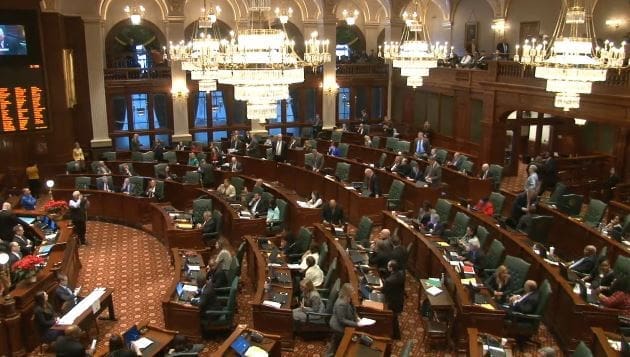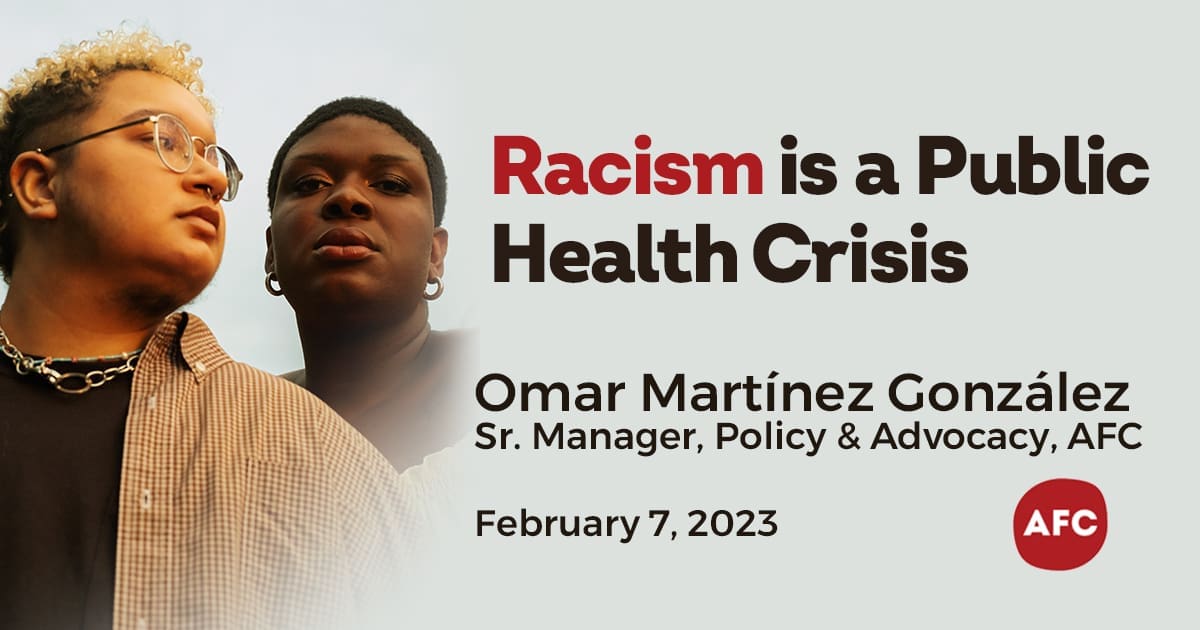 This year ushers in significant changes in political leadership on the national level. The Trump administration and the Republican-controlled Congress have pledged to alter the future of health care in America. The effects of this could have drastic impacts on people around the country, and in Illinois specifically. At the same time, Illinois is now in its second year without a state budget, which is devastating vulnerable Illinoisans, including people living with or vulnerable to HIV, and the organizations that serve them.
This year ushers in significant changes in political leadership on the national level. The Trump administration and the Republican-controlled Congress have pledged to alter the future of health care in America. The effects of this could have drastic impacts on people around the country, and in Illinois specifically. At the same time, Illinois is now in its second year without a state budget, which is devastating vulnerable Illinoisans, including people living with or vulnerable to HIV, and the organizations that serve them.
With this backdrop, the AIDS Foundation of Chicago (AFC) has developed its policy priorities for the coming two years. During the summer and fall of 2016, AFC staff created and disseminated our Community Engagement Survey, seeking input from community members throughout the state on various policy initiatives. AFC received 132 responses from all over Illinois, and AFC staff then compiled these results to identify the most critical items to take action on. With these responses and in light of the political climate in Illinois and the United States, AFC will work to address issues that most affect those living with or vulnerable to HIV.
Our policy priorities include:
- Prevention and Services: Protect and preserve vital HIV/AIDS prevention, education and treatment services, including access to Pre-exposure prophylaxis (PrEP) and male and female condoms.
- Linkage to care and retention: Promote and support policies that increase linkage to care and retention to improve the health of people living with HIV and reduce the number of new HIV infections.
- Treatment and supportive services: As linkage and retention to care become more important, we must improve or develop legislation and/or policies related to increasing treatment and supportive services so people in care can take full advantage of these services.
- Structural barriers: Because individual and structural barriers such as poverty, incarceration, and unemployment can keep people from fully engaging in care, we must aim to remove them.



